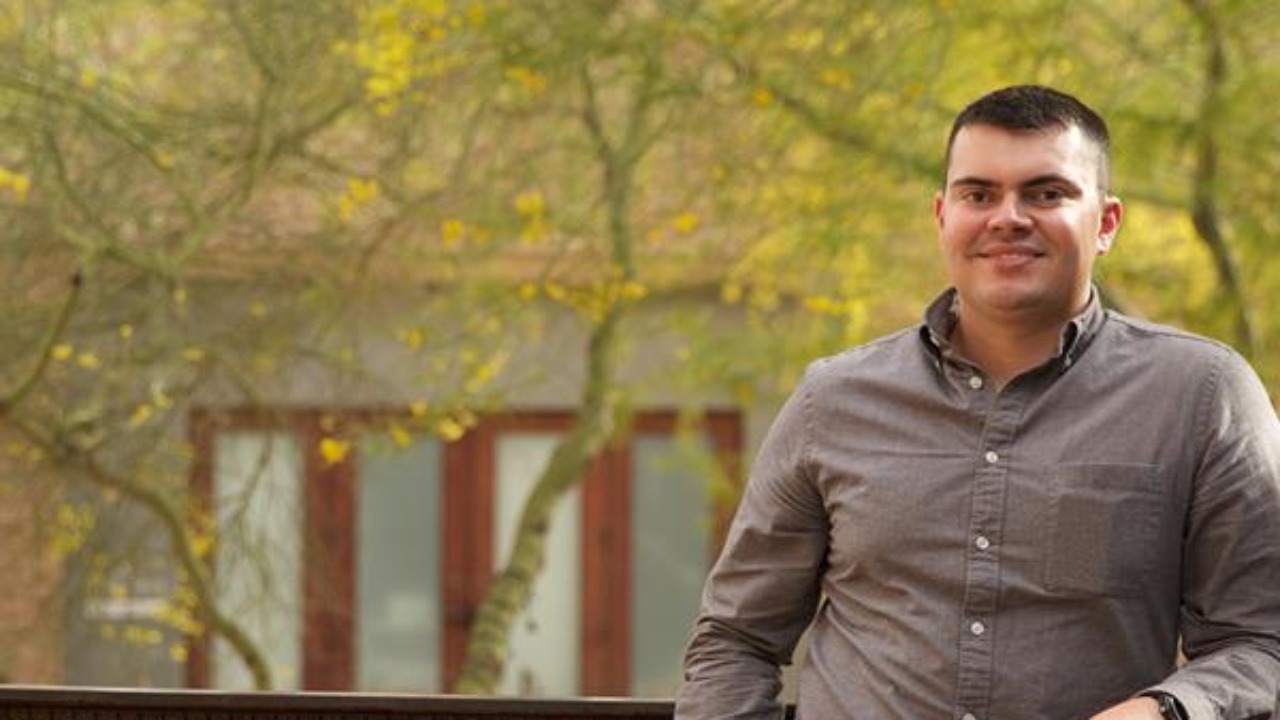Why a Supreme Court Ruling on Union Dues Could Be Good News for College Students

Public universities like to claim that the purpose of these fees is to expose students to a wide range of ideas and viewpoints. But, in practice, many universities allocate these fees disproportionately to liberal and progressive perspectives. When that happens, conservative and religious students are forced to fund the expression of student groups with which they disagree and are often denied the funds to present an opposing viewpoint.
The Supreme Court’s decision in Janus v. AFSCME this past term may call into question the continued constitutionality of such fees.
In this case, child support specialist Mark Janus challenged an Illinois law requiring government employees to pay dues to the union that represents their profession—even if they are not members.
Janus sought to overturn the Supreme Court’s 1977 decision in Abood v. Detroit Board of Education. In Abood, the Court ruled that the government could not force public employees to pay the portion of union dues used expressly for political advocacy, but that it could still force public employees to pay an “agency fee.” The Court rejected this in Janus, ruling that the First Amendment prohibits the government from forcing public employees to join or contribute to a public-employee union at all.
So, you may be thinking, how does a ruling on the constitutionality of public union dues potentially affect student activity fees?
Good question.
In 2000, the Supreme Court considered a First Amendment challenge to mandatory student activity fees. In Board of Regents of the University of Wisconsin System v. Southworth, the Court held that public universities could require students to pay these fees, as long as the university allocated these fees in a viewpoint-neutral fashion.
The Court relied almost exclusively on its decision in Abood to support this exception to the general rule that the First Amendment forbids government from requiring citizens to pay for others’ expression.
The Court’s strong decision in Janus against compelled funding of others’ speech, and overruling Abood, may lay the groundwork for a new challenge to Southworth.
In fact, the ADF Center for Academic Freedom (CAF) is currently litigating just such a case.
CAF represents Nathan Apodaca and Students for Life (SFL) at California State University-San Marcos (CSUSM) in a lawsuit against university officials.
In the fall of 2016, SFL (a recognized student group) requested a $500 grant from student activity fees to help pay for a pro-life speaker to come to campus. CSUSM denied the request, stating that student activity fees cannot be used to pay for outside speakers.
This struck Nathan as odd. He knew the Gender Equity Center and the LGBTQ Pride Center regularly pay for outside speakers to come to campus even though both groups are funded exclusively by student activity fees. One such annual event hosted by the Gender Equity Center is the Pleasure Party in which it pays a “sex expert” to come to campus and educate students on how to use various sex toys. The Center even uses student activity fees to buy sex toys to give away as door prizes to encourage students to attend.
When Nathan inquired about this discrepancy, university officials said that the two centers were different than other student organizations and that different rules applied to them.
After doing more research, Nathan found out just how different they were.
Nathan learned that of the $2.1 million in student activity fees collected each year, almost $300,000 is allocated directly to the Gender Equity Center and the LGBTQ Pride Center. Yet, only approximately $39,000 is set aside for the more than 100 other student organizations. And the student organizations cannot use those funds to pay for outside speakers or for door prizes to encourage students to attend their events.
Needless to say, the University’s policy violates Southworth, favoring the views of the Gender Equity Center and the LGBTQ Pride Center over the views of all other student organizations. In addition, this case presents the opportunity for the court to reconsider the constitutionality of student activity fees, in light of the Janus decision. We hope to have a decision by the end of this year.
As Justice Samuel Alito wrote in Janus: “When speech is compelled . . . individuals are coerced into betraying their convictions. Forcing free and independent individuals to endorse ideas they find objectionable is always demeaning.”
That’s as true for college students as it is for government employees.